31st International Panel Data Conference
July 6-7, 2026
31st International Panel Data Conference
July 6-7, 2026

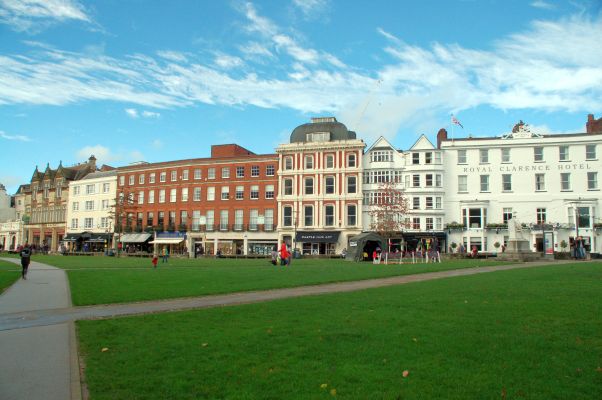
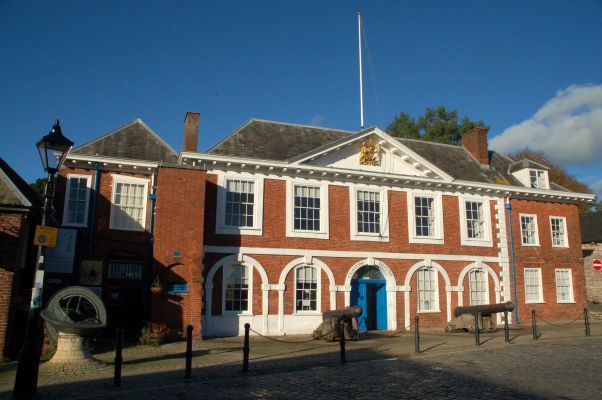
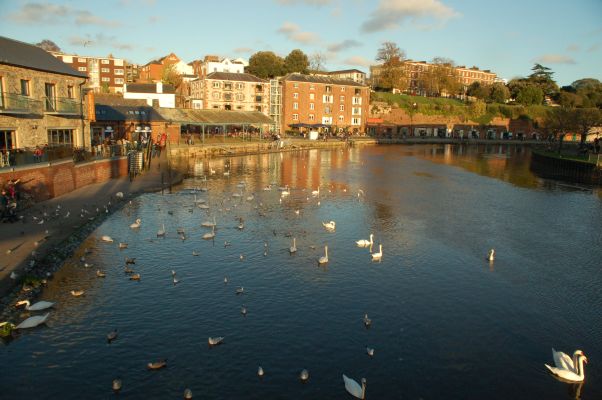
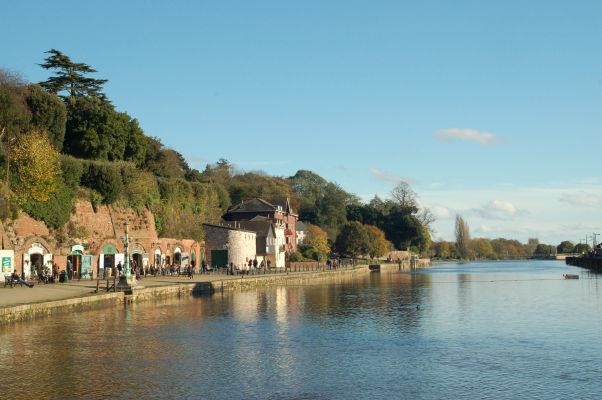
Exeter is a historic city located in Devon in South-West England. Known for its rich history, vibrant culture, and beautiful landscapes, Exeter has a population of around 130,000 people and serves as a central hub for the surrounding rural area.
Exeter’s history stretches back over 2,000 years. It was originally a Roman settlement named Isca Dumnoniorum, established around AD 50. The remnants of the Roman city walls can still be seen today, a testament to Exeter’s long-standing significance. The construction of the Exeter Cathedral, one of the city’s most iconic landmarks, began in 1112 and was completed in the early 15th century. This stunning example of Gothic architecture features the longest uninterrupted vaulted ceiling in England.
Exeter offers a rich cultural life with a variety of attractions. The Royal Albert Memorial Museum (RAMM) is one of the city’s highlights, showcasing collections that range from fine art to local and natural history. One of Exeter’s unique attractions is the Underground Passages. These medieval passages were originally built to house the pipes that brought fresh water into the city. Visitors can explore these narrow, dark tunnels and learn about the city’s historical efforts to secure a clean water supply.
The city has a diverse economy, blending traditional industries with modern services. While historically significant for wool and cloth manufacturing, today Exeter has a strong presence in the public sector, education, and health. The Met Office, the United Kingdom’s national weather service, relocated to Exeter in 2003, becoming one of the largest employers in the city. Additionally, the city has a growing technology sector, supported by initiatives such as the Exeter Science Park.
Exeter is known for its green spaces and outdoor activities. The Quayside is a popular spot for both locals and tourists, offering picturesque walks along the river Exe, kayaking, cycling, and a range of cafés and shops. For those interested in longer walks, the Exeter Green Circle is a 12-mile walking route that encircles the city, taking in a variety of landscapes from river valleys to urban parks.
Exeter seamlessly blends ancient history with modern amenities, creating a dynamic and inviting environment. Its historic sites, cultural institutions, educational excellence, and scenic beauty make it a unique and attractive destination for residents and visitors alike.
Exeter has a mild climate without extreme heat spells. The mean daily maximum temperature in July is 22°C (with a record high of 32°C). July is usually the driest month of the year, but visitors might want to be prepared for occassional rainy spells.
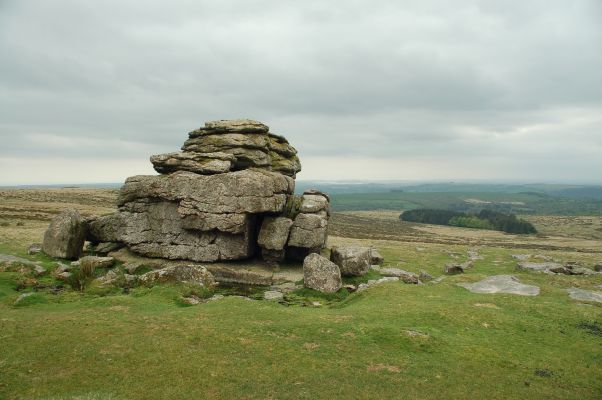


The county Devon, whose capital city (“county town”) is Exeter, is known for its picturesque coastal towns and the national parks Dartmoor and Exmoor. On its south and north coast, it invites walkers to discover lagoons and hidden beaches along the South West Coast Path – England’s longest waymarked long-distance footpath, stretching for 630 miles around the South West Peninsula – and to enjoy breathtaking views of the ever-changing landscape from the cliff tops.